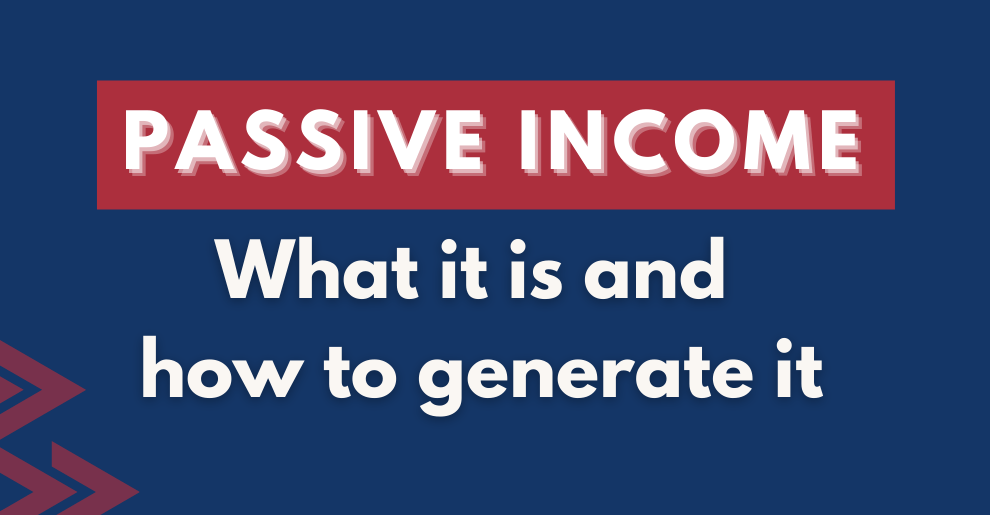Along with side hustles, SheEO and boss babe, passive income is another buzz word commonly found in the Network Marketing industry. But what exactly is it, and how do you go about generating passive income?
What is passive income?
Passive income is income that you receive without any active involvement. Examples outside of Network Marketing include:
- Property rental income
- Dividend income
- Income through royalties on intellectual property such as music, art or literature
- Income through an online resources such as a course, whitepaper etc
- Advertising income on YouTube videos
The idea is that you put in some initial work or investment in order to gain a long-term source of income without needing to get too involved. Understandably, the concept of making money while you sleep is an appealing thought and can work well around existing commitments.
How do you generate passive income?
In Network Marketing, passive income is generated through commission payments from your team members, or your downlines. The bigger your team and the more products or services your downlines sell, the more commission you get – all without any active involvement on your part – although you do of course have to spend time and effort building that team in the first place. Typically, the passive income you receive that way will over time form a bigger part of your overall income, than the sales of products themselves.
In a previous blog on how to make money in Network Marketing, we look at the different revenue streams in more detail.
Does passive income get taxed?
Yes, it gets taxed in the same way that any other type of income gets taxed.
If you’re self-employed
If you are self-employed and have an annual gross income of £1,000 (your trading allowance) or more, you will need to register with HMRC and complete a self-assessment tax return. Once your profits exceed the annual tax free allowance of £12,570, then you will need to start paying some tax.
If you’re employed
Once your total income from employment and self-employment is higher than £12,570 you will need to start paying 20% income tax.
If you receive income from a mixture of employment, self-employment and for example rental income, we strongly recommend that you get in touch with us to discuss your circumstances in more detail.
